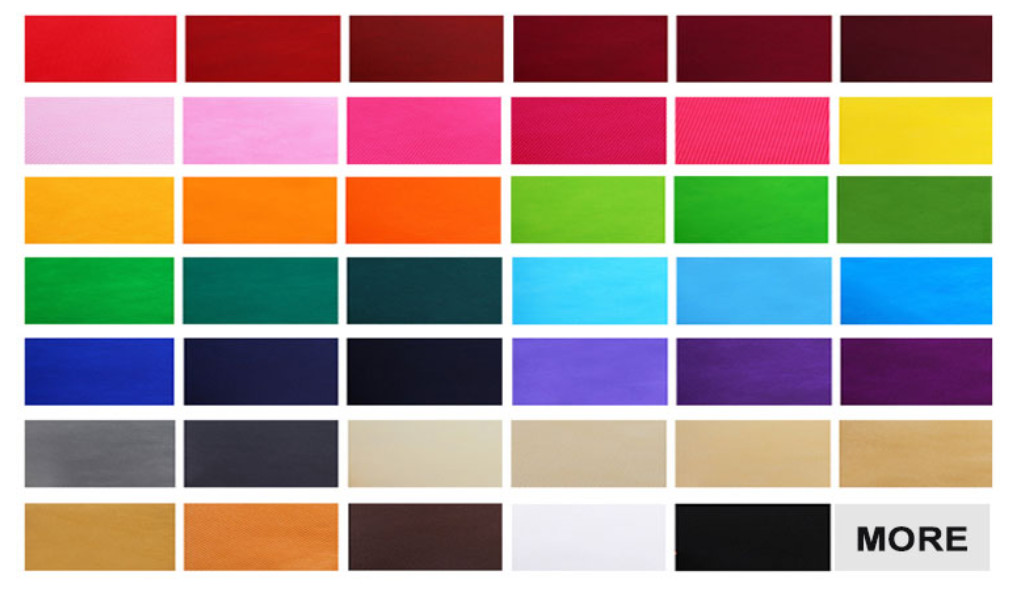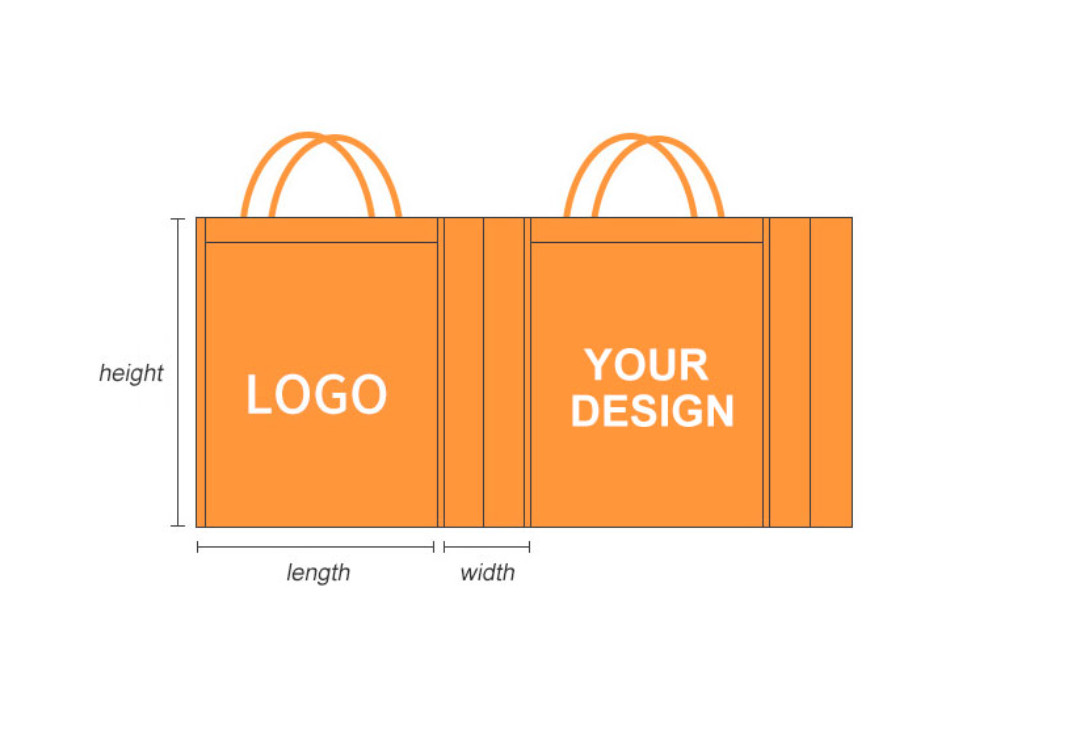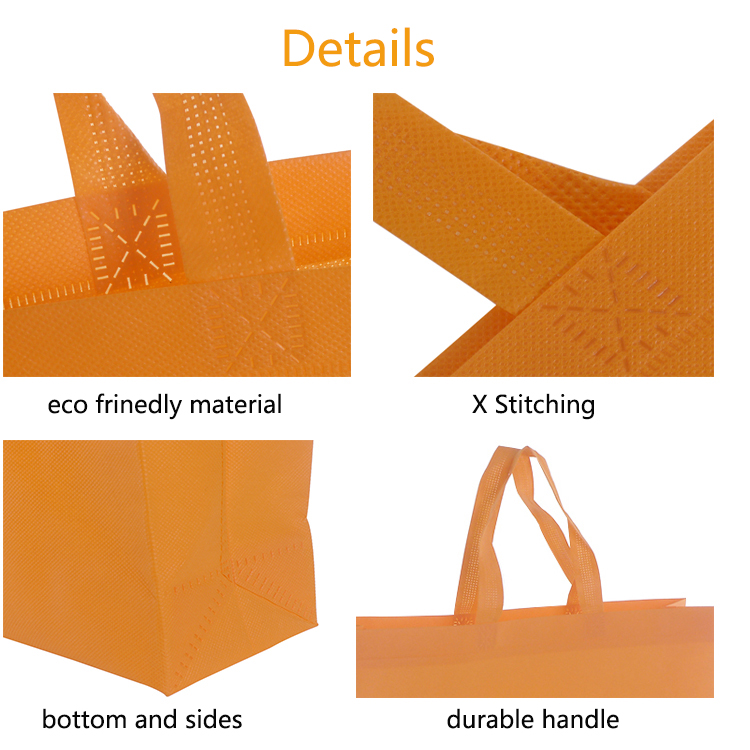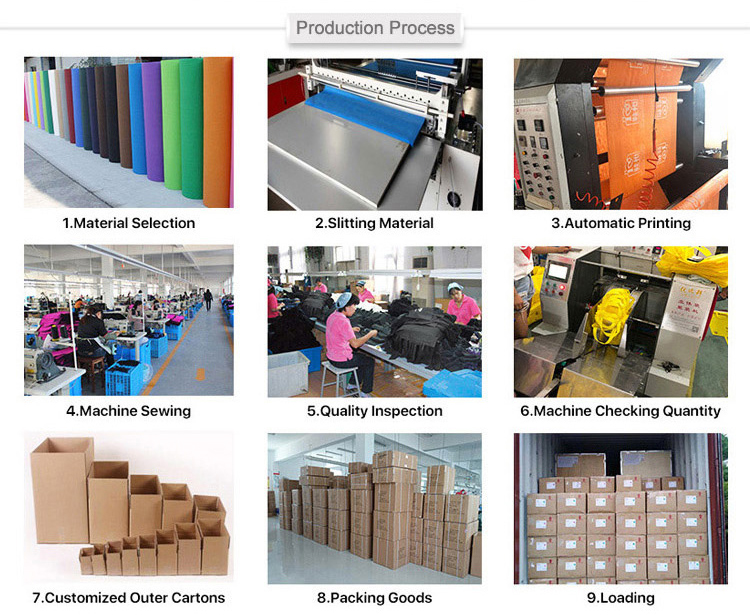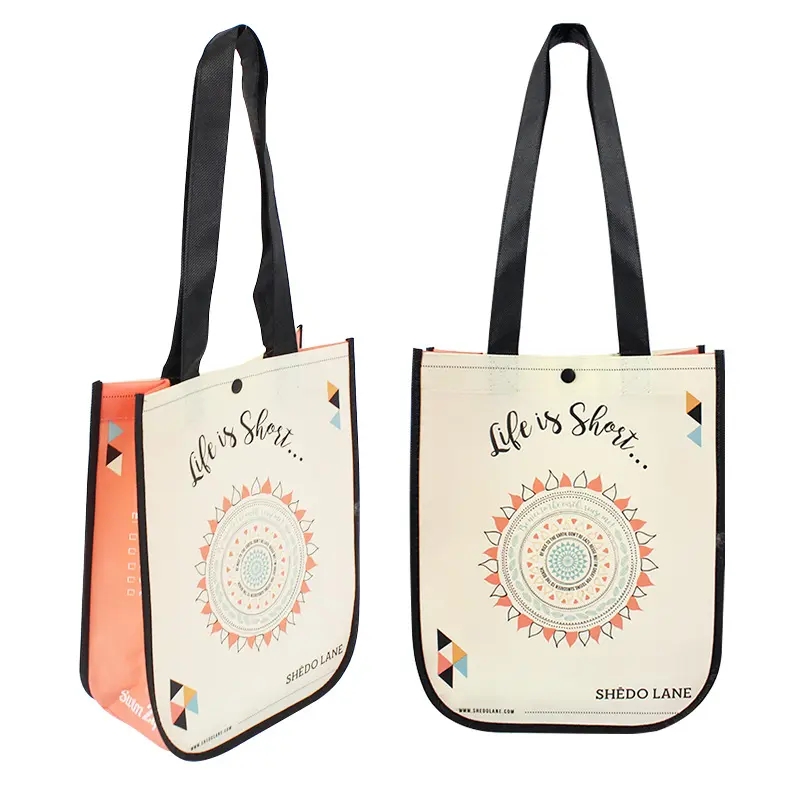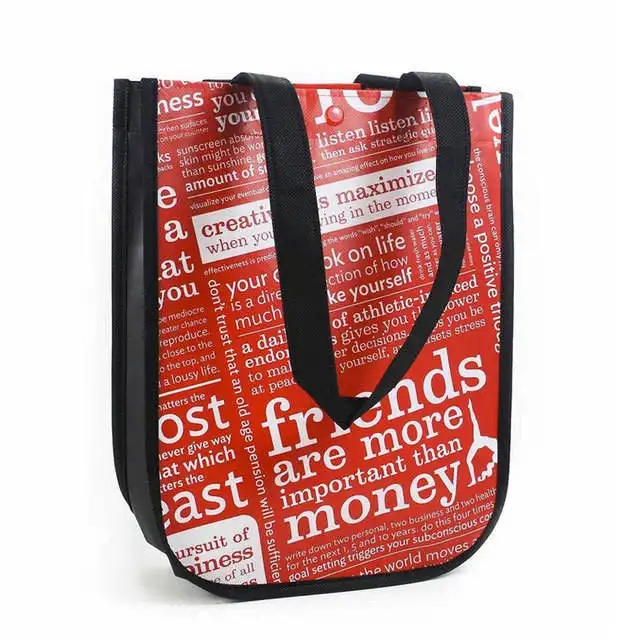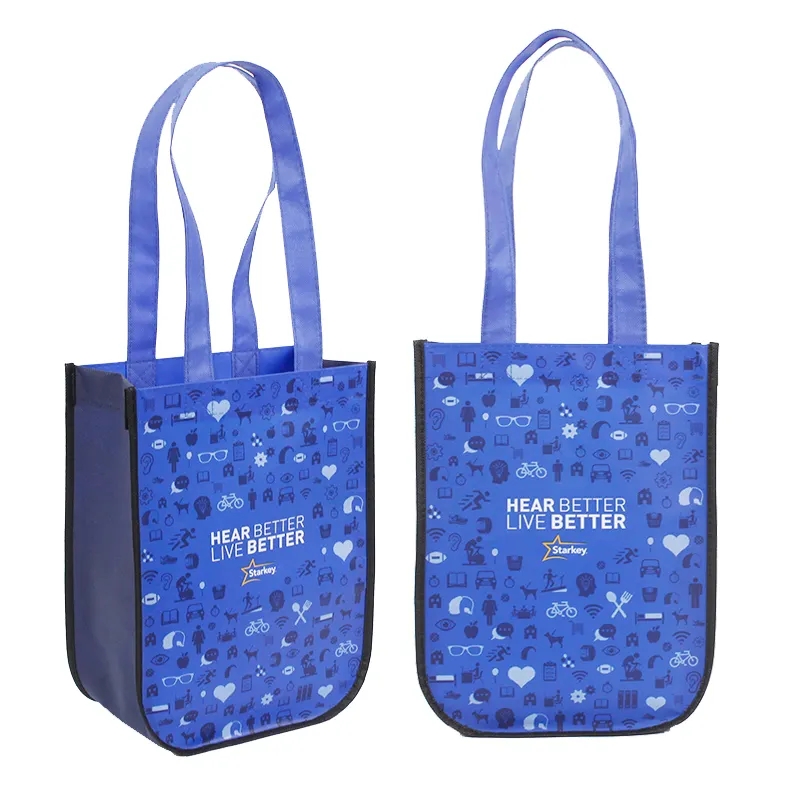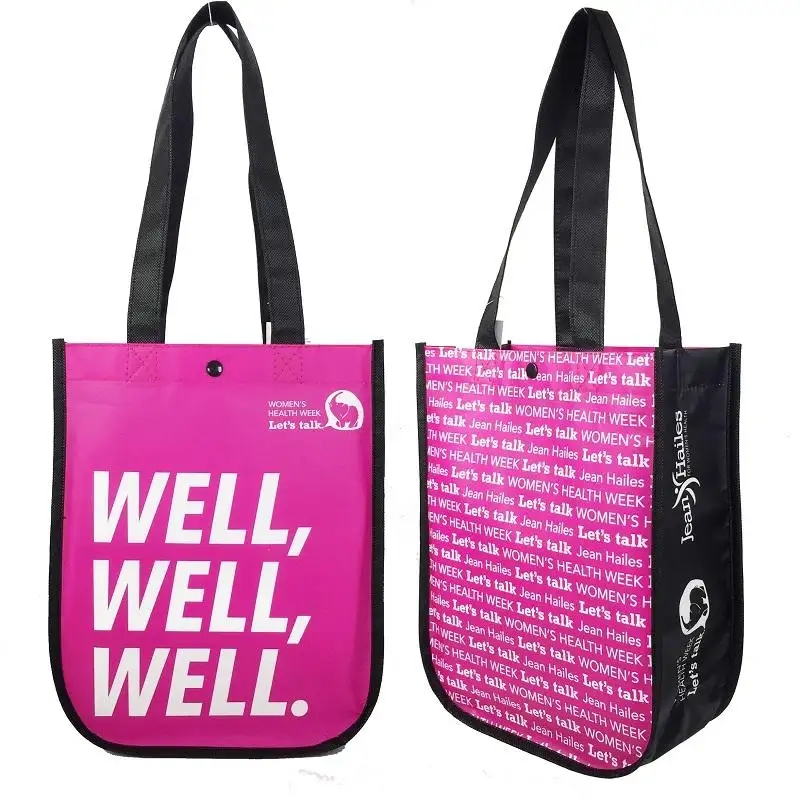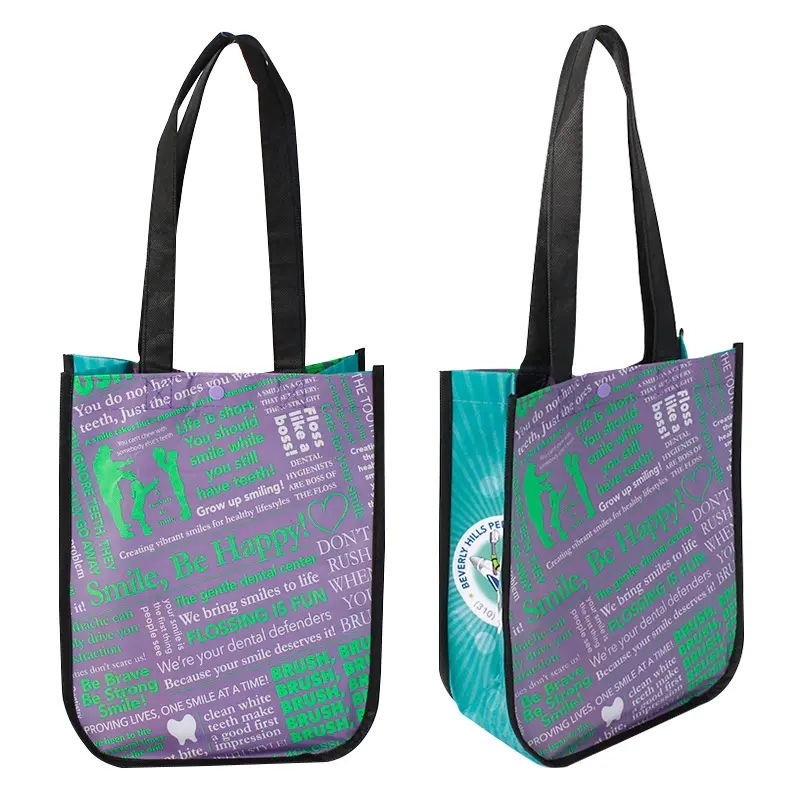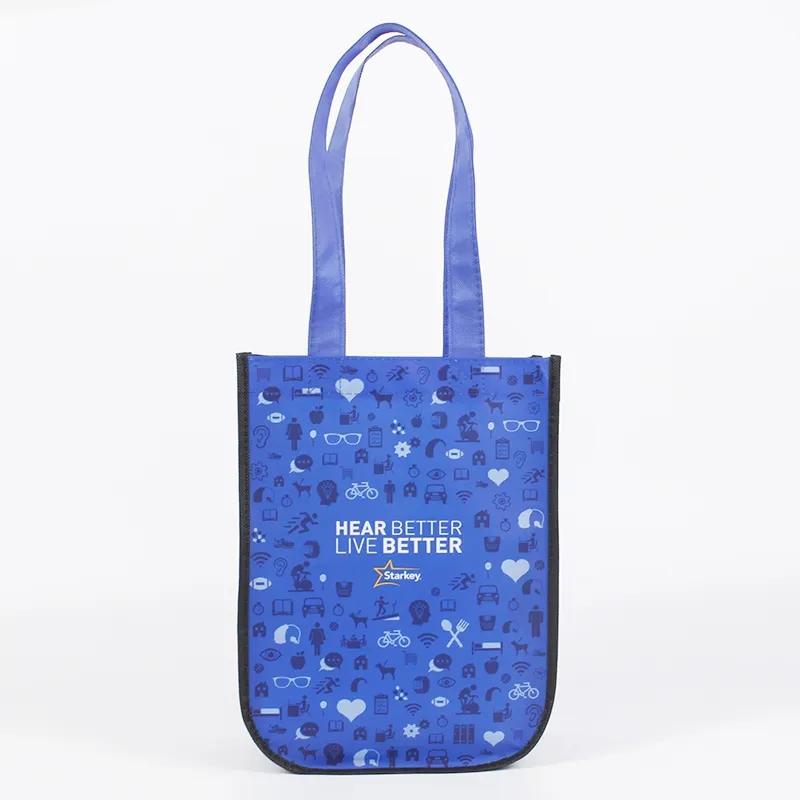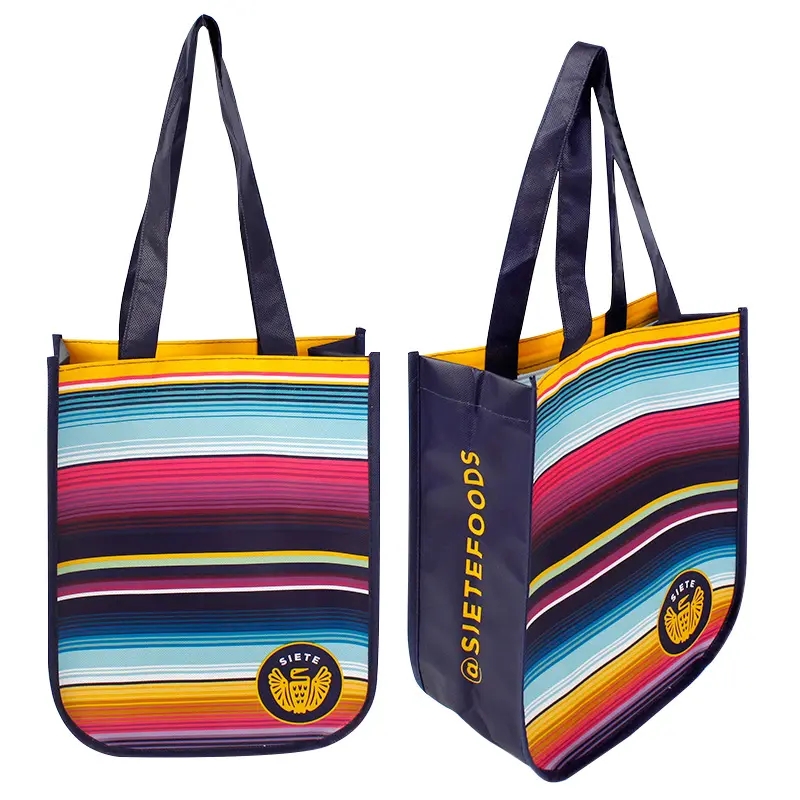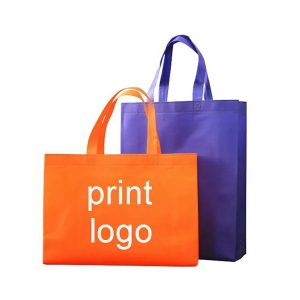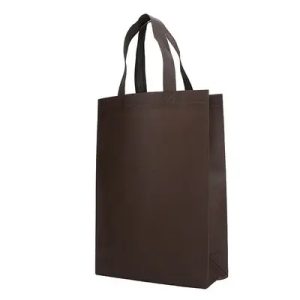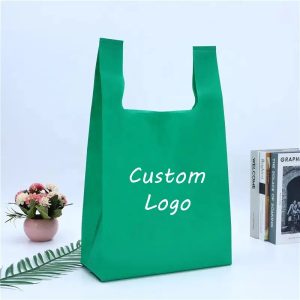Non-Woven Bags: Pioneering Sustainable Carry Solutions
Introduction: In the era of environmental consciousness, non-woven bags have emerged as a revolutionary alternative to traditional plastic bags. These versatile, eco-friendly carriers are gaining traction for their durability, reusability, and environmentally responsible manufacturing practices. This article delves into the distinctive features, advantages, and intricate production processes of non-woven bags, highlighting their pivotal role in reducing plastic pollution and promoting conscious consumer choices.
The Environmental Significance of Non-Woven Bags: Non-woven bags are crafted by bonding long fibers through mechanical, thermal, or chemical processes. In stark contrast to plastic bags that harm the environment, non-woven bags are biodegradable and readily recyclable. Their exceptional durability ensures a prolonged lifespan, reducing the need for frequent replacements and minimizing waste production.
Key Attributes and Benefits:
Exceptional Strength and Longevity: Non-woven bags are engineered to handle heavy loads, making them a dependable choice for various activities from grocery shopping to carrying everyday essentials.
Eco-Friendly Composition: Constructed from natural fibers or recyclable synthetic materials, non-woven bags have a significantly lower ecological impact. They gradually break down, alleviating pressure on landfills and marine ecosystems.
Sustainable Reusability: Non-woven bags’ robustness supports multiple uses, diminishing the demand for single-use plastics. Their washable nature ensures hygiene and extended usability.
Personalization Possibilities: Non-woven bags can be customized with diverse colors, sizes, and captivating designs, offering a blend of practicality and aesthetic appeal.
Economic and Environmentally Sensible: While non-woven bags might have a slightly higher initial cost, their extended lifespan translates to cost-effectiveness, outlasting the transience of plastic bags.
Unveiling the Manufacturing Process: The production of non-woven bags involves a series of intricate steps:
Web Formation: Long fibers are intricately arranged to create a web-like structure using techniques such as spinning, carding, or air-laid methods.
Bonding: These fibers undergo mechanical (needle punching), thermal (heat bonding), or chemical (adhesive bonding) processes to achieve structural integrity.
Precision Cutting and Shaping: The bonded fabric is accurately cut and shaped into desired bag dimensions.
Artistic Expression and Finishing: Intricate designs are brought to life using eco-friendly inks. The bags are then equipped with handles, zippers, or other utilitarian closures.
Championing Sustainability: By choosing non-woven bags over disposable plastics, individuals contribute to a healthier planet. Retailers offering non-woven bags showcase their commitment to sustainability, raising awareness about the shared responsibility of protecting our environment.
Conclusion: Non-woven bags symbolize the fusion of durability and ecological mindfulness in the realm of carrying solutions. Their innovative manufacturing methods, coupled with their resilience, reusability, and recyclability, position them as essential tools in the fight against plastic waste and the embrace of a greener future. Opting for non-woven bags signifies a conscious step towards safeguarding the planet for current and future generations, all while incorporating a practical and stylish accessory.
